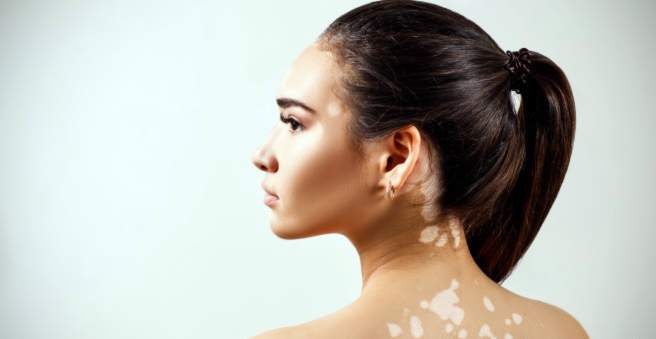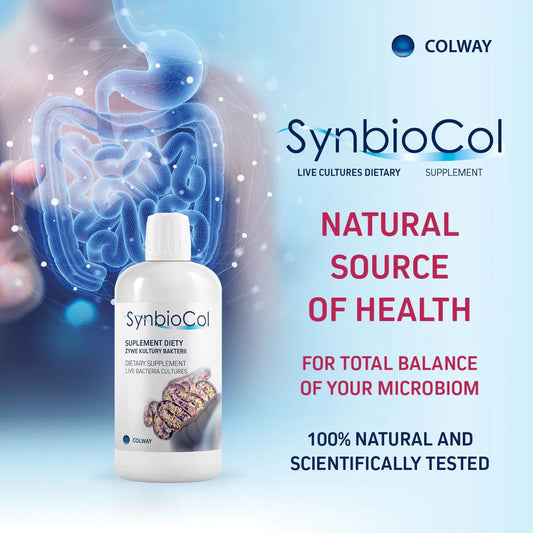Collagen and Vitiligo: The Connection You Need to Know
Vitiligo is a skin condition that affects millions of people worldwide. It causes the skin to lose its natural pigmentation, resulting in white patches that can appear anywhere on the body. Although the exact cause of vitiligo is unknown, there is evidence to suggest that collagen plays a significant role in the condition's development. In this article, we'll explore the connection between collagen and vitiligo and how it can affect your skin's health.
What is Collagen?
Collagen is a protein that's naturally found in the body, including the skin. It's responsible for providing structure, elasticity, and strength to your skin, bones, muscles, and tendons. Collagen also plays a crucial role in wound healing, keeping your skin looking young and healthy, and preventing wrinkles.
How Collagen and Vitiligo are Connected
Although the exact cause of vitiligo is unknown, scientists believe that it's an autoimmune disorder that attacks the melanocytes in your skin, which are responsible for producing pigmentation. When melanocytes are destroyed, the skin loses its natural colour, resulting in white patches.
Recent research has also found that collagen is involved in the development of vitiligo. A study published in the Journal of Investigative Dermatology found that patients with vitiligo had lower levels of collagen in their skin than healthy individuals. The study also found that the collagen in vitiligo patients' skin was fragmented and damaged, making it less effective at providing structure and support.
The Role of Collagen Supplements in Vitiligo
Collagen supplements are becoming increasingly popular as a way to improve skin health and reduce the signs of aging. But can they also help with vitiligo? While there is currently no cure for vitiligo, some studies have suggested that collagen supplements may help improve skin health and reduce the severity of symptoms.
One study published in the Journal of Cutaneous and Aesthetic Surgery found that collagen supplements improved skin hydration, elasticity, and density in patients with photoaged skin. Another study published in the Journal of Cosmetic Dermatology found that collagen supplements improved the appearance of fine lines and wrinkles in women aged 35-55.
Although there is no research specifically on collagen supplements and vitiligo, it's possible that they could help improve skin health and reduce the severity of symptoms. However, it's important to speak with your doctor before taking any supplements, especially if you have a medical condition or are taking medication.
Other Ways to Support Collagen Production
In addition to supplements, there are several other ways to support collagen production in your skin, including:
- Eating a healthy, balanced diet rich in vitamins and minerals
- Protecting your skin from the sun's harmful UV rays
- Quitting smoking, as smoking can damage collagen and accelerate the aging process
- Using skincare products that contain collagen-boosting ingredients, such as vitamin C and retinol
Conclusion
Collagen is an essential protein for healthy skin and is involved in the development of vitiligo. While collagen supplements may help improve skin health and reduce the severity of symptoms, there is currently no cure for vitiligo. However, there are several ways to support collagen production in your skin, including eating a healthy diet, protecting your skin from the sun, quitting smoking, and using skincare products that contain collagen-boosting ingredients.














1 comment
Efficiny Manga Jatta